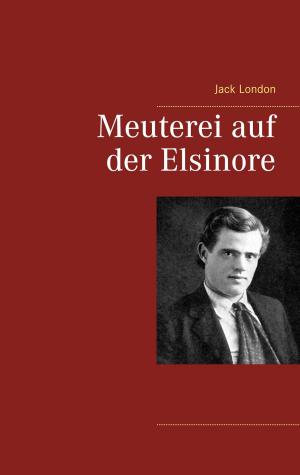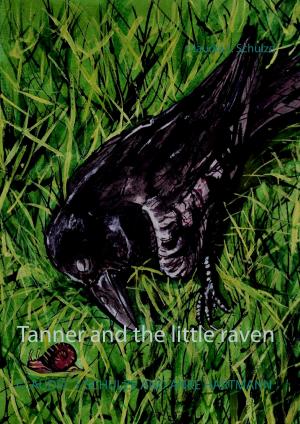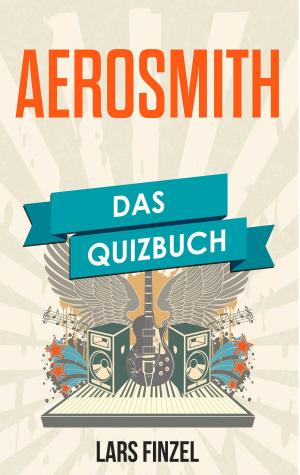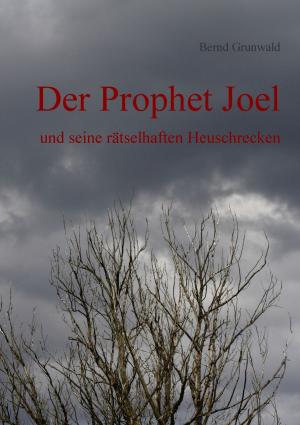| Author: | Parker Fillmore | ISBN: | 9783748163992 |
| Publisher: | Books on Demand | Publication: | February 11, 2019 |
| Imprint: | Language: | English |
| Author: | Parker Fillmore |
| ISBN: | 9783748163992 |
| Publisher: | Books on Demand |
| Publication: | February 11, 2019 |
| Imprint: | |
| Language: | English |
This rendering of some of the old Czechoslovak tales is not offered as a literal translation or a scholarly translation. I have retold the stories in a way that I hope will please American children. I have tried hard to keep the flavor of the originals but have taken the liberty of a short cut here and an elaboration there wherever these have seemed to me to make the English version clearer and more interesting. I have gone to Czech, Slovakian, and Moravian sources. All these stories appear in many versions in the different folklore collections made by such native writers as Erben, Nemcova, Dobsinsky, Rimavsky, Benes-Trebizsky, Kulda. They represent the folktale in all stages of its development from the bald narrative of The Bird with the Golden Gizzard which Kulda reports with phonographic exactness, to Nemcova's more elaborate tale, Prince Bayaya, which is really a mosaic of two or three simpler stories. I have included Katcha and the Devil for the sake of its keen humor, which is particularly Czech in character; The Betrothal Gifts to show how a story common to other countries is made most charmingly local by giving it a local background; The Three Golden Hairs to contrast it with a famous German variant which it seems to me is much inferior to the Slavic version; and several fine stories of the prince gone off on adventures which in common with the folktales of all Europe show a strong Oriental influence.
This rendering of some of the old Czechoslovak tales is not offered as a literal translation or a scholarly translation. I have retold the stories in a way that I hope will please American children. I have tried hard to keep the flavor of the originals but have taken the liberty of a short cut here and an elaboration there wherever these have seemed to me to make the English version clearer and more interesting. I have gone to Czech, Slovakian, and Moravian sources. All these stories appear in many versions in the different folklore collections made by such native writers as Erben, Nemcova, Dobsinsky, Rimavsky, Benes-Trebizsky, Kulda. They represent the folktale in all stages of its development from the bald narrative of The Bird with the Golden Gizzard which Kulda reports with phonographic exactness, to Nemcova's more elaborate tale, Prince Bayaya, which is really a mosaic of two or three simpler stories. I have included Katcha and the Devil for the sake of its keen humor, which is particularly Czech in character; The Betrothal Gifts to show how a story common to other countries is made most charmingly local by giving it a local background; The Three Golden Hairs to contrast it with a famous German variant which it seems to me is much inferior to the Slavic version; and several fine stories of the prince gone off on adventures which in common with the folktales of all Europe show a strong Oriental influence.















